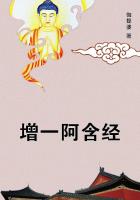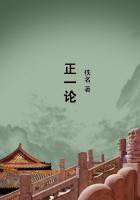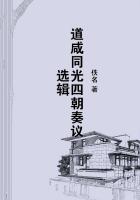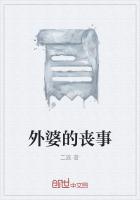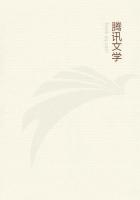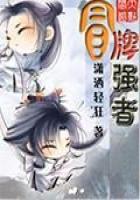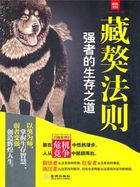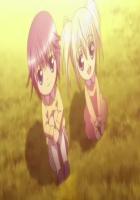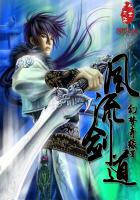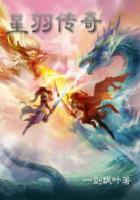The Doctor took a great pleasure in his garden, planting it with ornamental trees and shrubs, and being especially successful in fruit-trees; and this love of plants was, I think, the only taste kindred to natural history which he possessed. Of the "Mount pigeons," which Miss Meteyard describes as illustrating Dr. Darwin's natural-history taste, I have not been able to hear from those most capable of knowing. Miss Meteyard's account of him is not quite accurate in a few points. For instance, it is incorrect to describe Dr. Darwin as having a philosophical mind; his was a mind especially given to detail, and not to generalising. Again, those who knew him intimately describe him as eating remarkably little, so that he was not "a great feeder, eating a goose for his dinner, as easily as other men do a partridge." ('A Group of Englishmen,' page 263.) In the matter of dress he was conservative, and wore to the end of his life knee-breeches and drab gaiters, which, however, certainly did not, as Miss Meteyard says, button above the knee--a form of costume chiefly known to us in grenadiers of Queen Anne's day, and in modern wood-cutters and ploughboys.
Charles Darwin had the strongest feeling of love and respect for his father's memory. His recollection of everything that was connected with him was peculiarly distinct, and he spoke of him frequently; generally prefacing an anecdote with some such phrase as, "My father, who was the wisest man I ever knew, etc..." It was astonishing how clearly he remembered his father's opinions, so that he was able to quote some maxims or hint of his in most cases of illness. As a rule, he put small faith in doctors, and thus his unlimited belief in Dr. Darwin's medical instinct and methods of treatment was all the more striking.
His reverence for him was boundless and most touching. He would have wished to judge everything else in the world dispassionately, but anything his father had said was received with almost implicit faith. His daughter Mrs. Litchfield remembers him saying that he hoped none of his sons would ever believe anything because he said it, unless they were themselves convinced of its truth,--a feeling in striking contrast with his own manner of faith.
A visit which Charles Darwin made to Shrewsbury in 1869 left on the mind of his daughter who accompanied him a strong impression of his love for his old home. The then tenant of the Mount showed them over the house, etc., and with mistaken hospitality remained with the party during the whole visit. As they were leaving, Charles Darwin said, with a pathetic look of regret, "If I could have been left alone in that green-house for five minutes, I know I should have been able to see my father in his wheel-chair as vividly as if he had been there before me."Perhaps this incident shows what I think is the truth, that the memory of his father he loved the best, was that of him as an old man. Mrs.
Litchfield has noted down a few words which illustrate well his feeling towards his father. She describes him as saying with the most tender respect, "I think my father was a little unjust to me when I was young, but afterwards I am thankful to think I became a prime favourite with him."She has a vivid recollection of the expression of happy reverie that accompanied these words, as if he were reviewing the whole relation, and the remembrance left a deep sense of peace and gratitude.
What follows was added by Charles Darwin to his autobiographical 'Recollections,' and was written about 1877 or 1878.
"I may here add a few pages about my father, who was in many ways a remarkable man.
"He was about 6 feet 2 inches in height, with broad shoulders, and very corpulent, so that he was the largest man whom I ever saw. When he last weighed himself, he was 24 stone, but afterwards increased much in weight.
His chief mental characteristics were his powers of observation and his sympathy, neither of which have I ever seen exceeded or even equalled. His sympathy was not only with the distresses of others, but in a greater degree with the pleasures of all around him. This led him to be always scheming to give pleasure to others, and, though hating extravagance, to perform many generous actions. For instance, Mr. B--, a small manufacturer in Shrewsbury, came to him one day, and said he should be bankrupt unless he could at once borrow 10,000 pounds, but that he was unable to give any legal security. My father heard his reasons for believing that he could ultimately repay the money, and from [his] intuitive perception of character felt sure that he was to be trusted. So he advanced this sum, which was a very large one for him while young, and was after a time repaid.
"I suppose that it was his sympathy which gave him unbounded power of winning confidence, and as a consequence made him highly successful as a physician. He began to practise before he was twenty-one years old, and his fees during the first year paid for the keep of two horses and a servant. On the following year his practice was large, and so continued for about sixty years, when he ceased to attend on any one. His great success as a doctor was the more remarkable, as he told me that he at first hated his profession so much that if he had been sure of the smallest pittance, or if his father had given him any choice, nothing should have induced him to follow it. To the end of his life, the thought of an operation almost sickened him, and he could scarcely endure to see a person bled--a horror which he has transmitted to me--and I remember the horror which I felt as a schoolboy in reading about Pliny (I think) bleeding to death in a warm bath...

